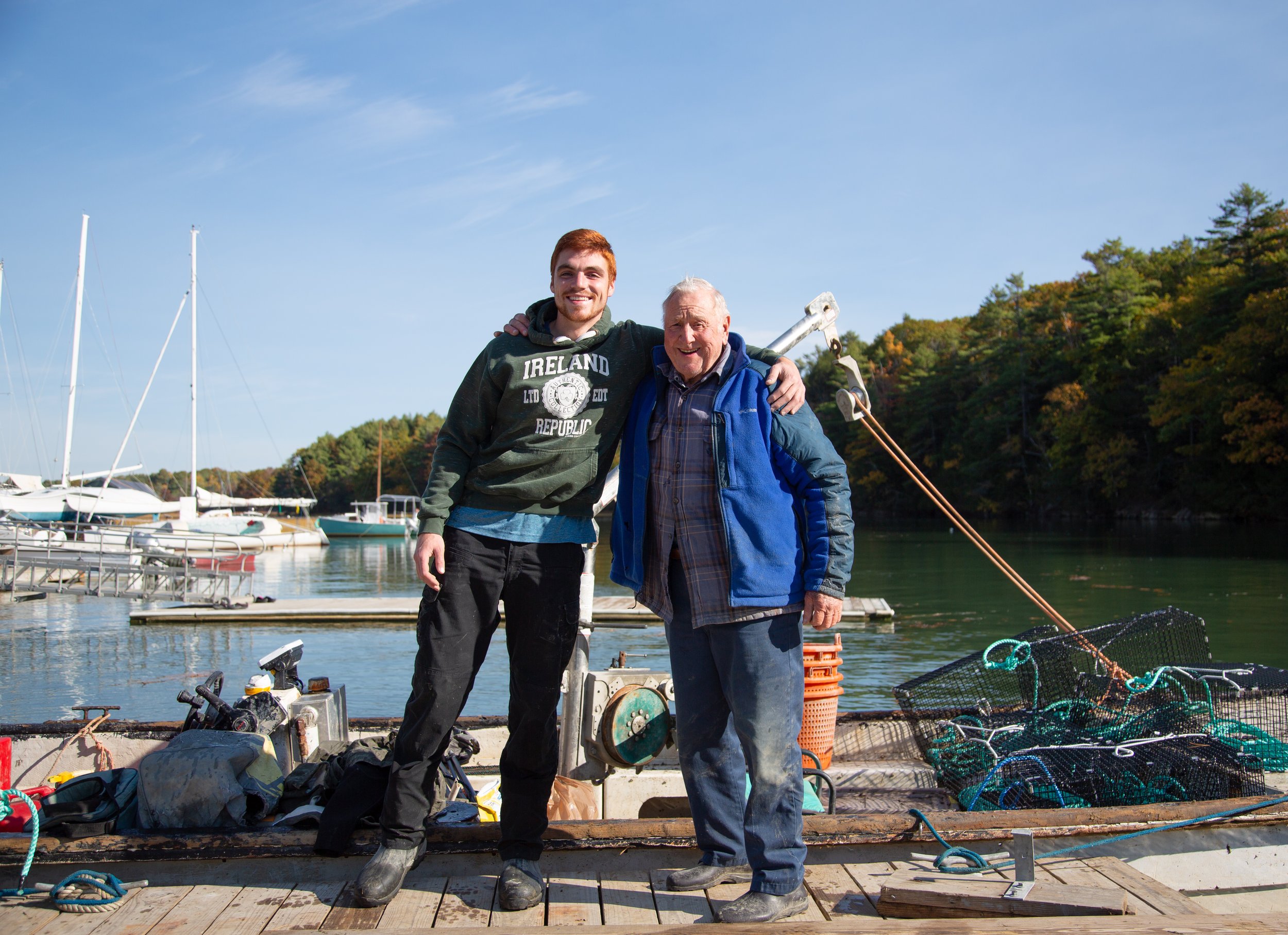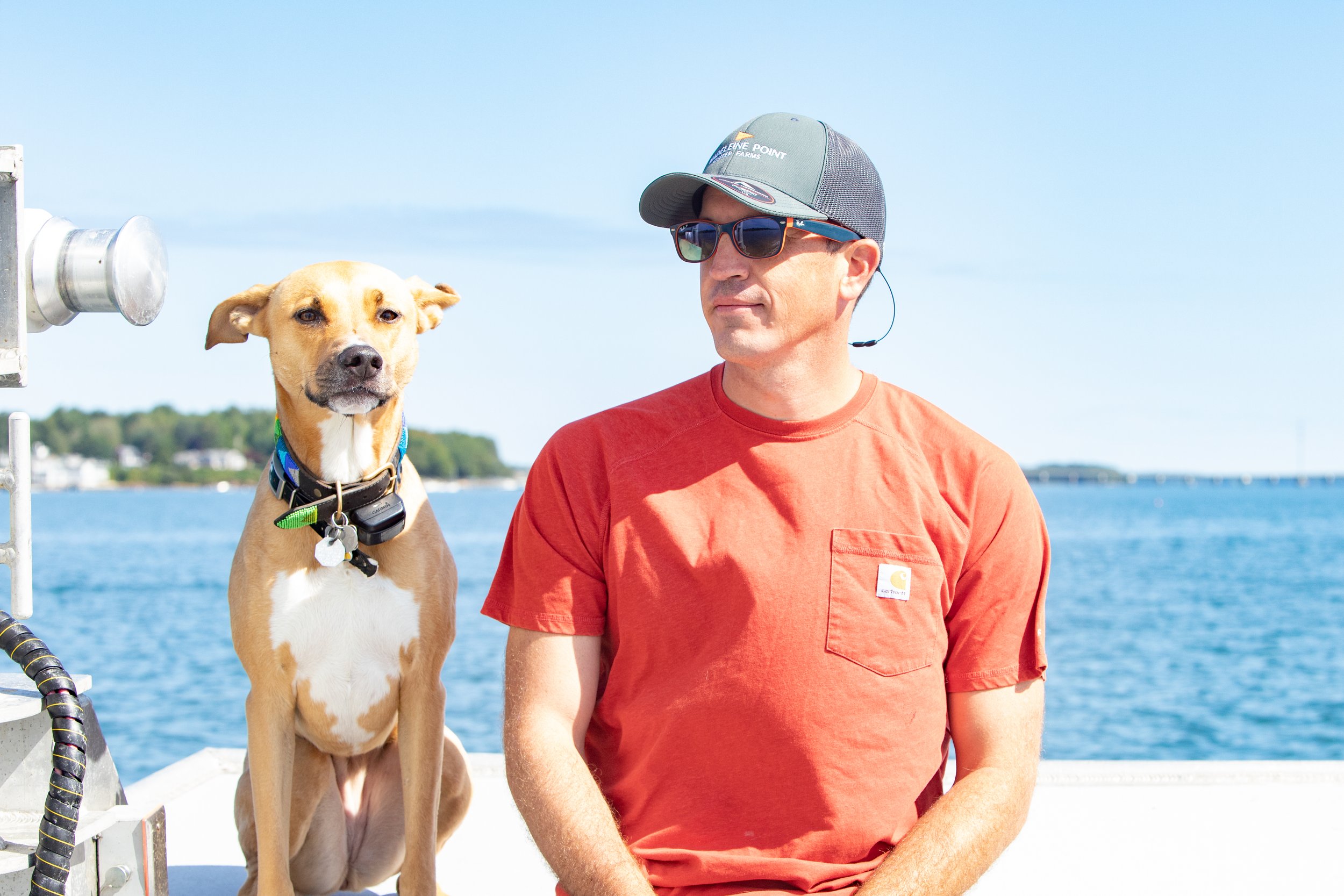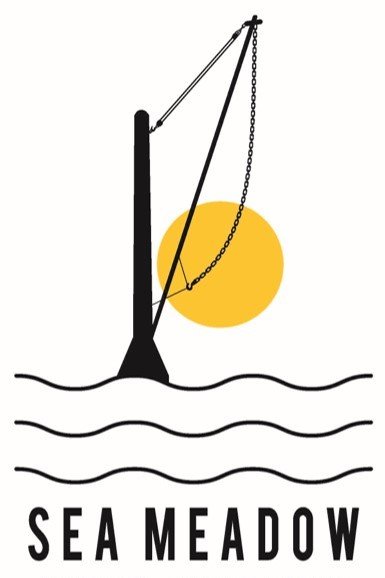Working waterfronts are Maine’s heritage
& its future.
Much of what we love about Maine is our rugged coast and its hardworking, historic communities. Of Maine’s 3,400 miles of coastline, the working waterfront has been whittled down to just 21 miles.
Our goal at our Yarmouth property, as well as across the State, is to protect this unmatched resource for all future generations —to educate, improve, and amplify the many opportunities working waterfronts create for the individual, a family – and for their local community as a whole.
Our core values
Collaborative Community
We help waterfront stakeholders connect, collaborate, and work better, together.
From sea farmers, to boatbuilders, from general marine services to innovative solution providers — every working waterfront stakeholder has different operational needs and their own unique approach to success.
The sharing and application of this knowledge and experience between all stakeholders — is the strength of our model.
Fostering Opportunity
Building and stewarding equitable access to working waterfronts is a driving mission at Sea Meadow, at our Yarmouth location, and across the State of Maine.
Whether for science, education, youth programming, the marine trades or aquaculture businesses, we invite all at Sea Meadow and believe the best path to ensuring the blue economy survives —is to give it a place to thrive.
Regeneration & Innovation
While Maine’s heritage is anchored in generations of people working on the waterfront, we intend to continue that tradition — while looking to improve upon it for the future generations.
From supporting our tenants and local organizations that are working to reduce our collective footprint, to engaging with stakeholders and innovators across the State to improve methods, equipment and direct outcomes.
Aspirational Modeling
Every day we wake with a clear understanding of the responsibility we have; to inspire others and the industry we love.
We are committed to providing a profound example of how future working waterfronts can be shaped, optimized and managed — and how through community, collaboration and conviction — we can affect change and create opportunity for all.
your support
is what fuels
our work.

Our History
This area is within the homeland of the Abenaki Nation. In the 1960’s the property became the site for the Lowell family lobster boat building business, and then the Greene family established their shop in 1980, building world-class trimarans. In December of 2021 Sea Meadow Marine Foundation received a USDA loan via Coastal Enterprises, Inc., and acquired the parcel to protect this working waterfront for our community.
The Crew
-

Taja Sims-Harper
Taja is a doctoral student in the marine biology Ph.D. program at University of New Hampshire (UNH). Originally from Oakland California, Taja earned her bachelor’s degree in marine biology with a minor in fisheries science from the University of Maine. At UNH her research focuses on microplastics in shellfish and other living and non-living resources in specific bays and estuaries of the northeast, in the lab of Dr. Bonnie Brown, professor of ecological genetics and the chair of the department of biological sciences. After graduating, given her interest in multitrophic systems, Taja would love to be an oyster and kelp farmer. Eventually, she would like to tie in her love for farming and marine biology to bridge a gap between educating underrepresented groups, by creating a program to expose young minds that may not otherwise have the opportunity, to gain an interest in this field- putting a real emphasis on opening doors and creating pathways for young women of color to expand their horizons in the field of marine science and aquaculture.
-

Negina Lowe
Negina is currently based in the Greater Bangor Area. While they have worked both professionally and voluntarily in advocacy, they developed their passion for environmental advocacy and justice through friends and colleagues and exploring and appreciating the outdoor spaces around them. Negina spent the beginning of their life in Hawaii and was taught to understand that nature is not something we are superior to, but something we exist with and are a part of. Living in Maine has given them the opportunity to connect to the land in a healing way. Having access to these spaces and this knowledge lit a flame in their heart to preserve them for generations to come.
-

Austin Plaster
Austin is a student at the University of Maine school of law, pursuing a certificate in Environmental and Oceans Law. Austin was introduced to Sea Meadows through his internship at the New England Ocean Cluster where he helps local ocean based businesses solve their legal and regulatory problems. Before Law School, Austin was a Master 100 ton Captain and lobsterman in Casco Bay. Austin hopes to use his JD as well as his undergraduate degree in business to continue serving Maine’s working waterfronts.
-

Nick Planson
Nick grew up in New Gloucester, Maine, and worked in leadership capacities at renewable energy startups and utilities across the country, and in international IT sales to humanitarian organizations. He has volunteered with Empower Generation, Amigos de las Americas, Engineers without Borders, The Manna Energy Foundation, and several gun safety and anti-racism groups.
Photo Credit: Jack Sullivan, Island Institute
-

Dave Dickison
Dave has lived in Freeport since 1968, first plying the waters of Casco Bay with his family as a teenager, subsequently engaging in fishing, sailing, power boating and island hopping with his wife Sandra and their children. Dave’s occupational background is in the medical field as a physician working in clinical and administrative roles for Maine’s largest health care system. This required participation in committee work and department leadership roles. Dave has an undergraduate degree in biology and is keenly interested in preservation of natural resources while simultaneously protecting commercial and general public access to Casco Bay.
-

Rebecca Rundquist
Rebecca has worked on issues of land and water access for the Columbia River Inter-Tribal Fish Commission in Portland, Oregon, the Western Lands Project, and many other entities. In Maine she worked on the early stages of acquiring the lands that became the Katahdin Woods and Waters National Monument. She created a non-profit called the Frank Knight Foundation and helps manage the Cumberland Woodbank. She has spent time or lived in Maine most of her life.
-
Jaclyn Robidoux
Bio coming soon…
-

Chad Strater
Chad has been working on the waterfront for 20 years in many capacities. His experience as a small business owner ranges from building docks, piers, and seawalls, to planting trees, laying walkways, and designing patios. Building his business and working hard has led him to work with a diverse array of people. Chad moved to the Midcoast in 1999 from Greenville, Maine and lived in various harbors within the small communities at the ends of Maine’s many peninsulas over the years.
Photo Credit: Molly Haley
-

Mark Walztoni
Mark has worked alongside business, non-profit, and private equity leaders and early-stage entrepreneurs in workforce, organizational, and board development roles. He recently relocated to Maine with his family and lives on the Blue Hill Peninsula. He is passionate about Sea Meadow's values and helping working waterfront stakeholders connect, collaborate, and achieve shared success by fostering leadership, team development, and business innovation. He is also a Maine Center for Entrepreneurs mentor.






